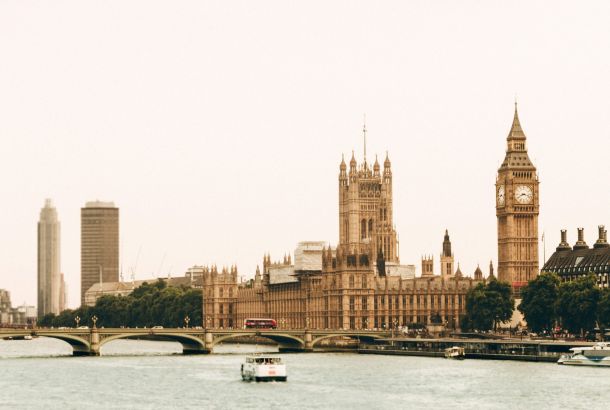University staff strike in national action over pay
By Dan Harold
Academics and support staff from the University took part in a nation-wide strike last Thursday, in protest at the university employers’ pay offer of a 1 per cent increase.
Staff and students from a number of north-west universities joined colleagues from the University of Manchester at picket lines on Oxford Road, before a rally held at the Students’ Union.
Both were attended by hundreds of academics, support staff, students, and trade union representatives.
The protest was part of a national day of action that saw strikes in 21 university cities around the country, marking the first time the three biggest unions in the education sector – Unison, Unite, and the University and College Union – went on strike together.
The action was backed by ballots of members of all three unions after they rejected the employers’ offer of a one per cent pay rise for university staff.
The implementation of the one per cent rise would have made it the fourth year in a row that university staff have been hit by below inflation rises. The unions – who represent academic staff, support staff and postgraduates who teach – say the latest offer would mean university workers have suffered a real term pay cut of 13 per cent since 2008.
Speaking to The Mancunion, Freyja Peters, Communications Officer for the University of Manchester’s UNISON branch, said, “This decision [to strike] was not taken lightly, and followed lengthy negotiations at national level.
“Although this appears to be a salary increase, it must be weighed-up against the fact that the cost of living has been escalating at a greater rate.
“Our lowest-paid members are indicating that there is a shortfall between salaries and living costs, and we are increasingly hearing of members (nationally and in the north-west) struggling to cover basic costs of living, having to take second jobs, and even using food banks.”
A statement from the union’s said: “the employer’s final offer of 1% represents a fourth consecutive year of wage restraint in higher education.
“The effect is felt across all grades of staff in higher education. Our members are reporting real falls in income and difficulties in maintaining their standards of living.”
Peters added: “UNISON believes that the HE sector has cash surpluses of over £1bn, so we think there is definitely scope for employers to revise their pay offer.
“Recent HEFCE reports also indicated that staffing costs as a percentage of HEI income were at an all-time low.”
The pay offer for staff at the University of Manchester comes off the back of the university retaining a £48.8million surplus for the year ended 2012, according to the most recently published financial review.
The University and College Employers Association, which represents institutions, questioned the validity of the strike, claiming that less than five per cent of the people who work in the sector voted in favour of strike action.
A spokesperson for the UCEA said, “Our institutions tell us that the vast majority of staff understand the reality of the current environment and would not wish to harm their institutions and especially their students.”
He added, “Trade unions know that pay increases to HE staff on the pay spine will mean that salary costs in most HE institutions will actually rise by around 3 per cent this year.”
However, the strike action had the full backing of the University of Manchester Students’ Union, which had called on students to join the action.
A statement put out by the UMSU said it “believes that all University staff should be properly supported and should receive a fair wage.
“We believe that in times of hardship students should stand in solidarity with University staff to defend high quality education, promote fair working conditions and oppose the marketisation of education.”







